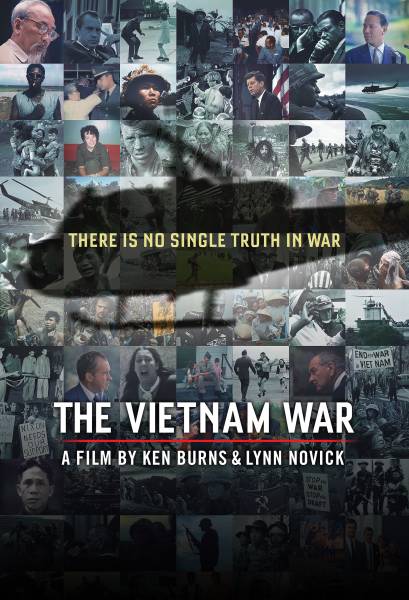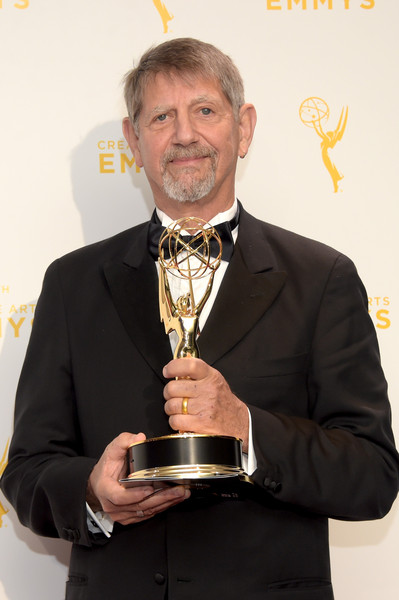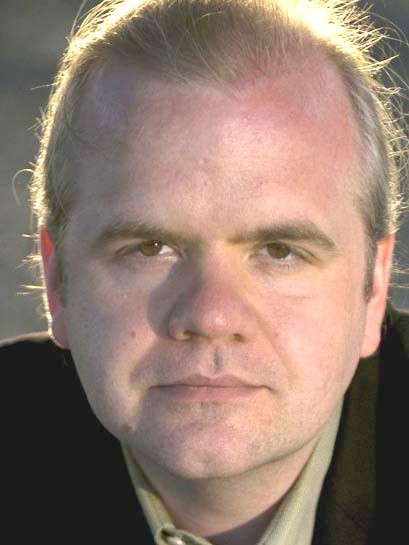|
VOICE ACTING Study Peter Coyote's Compelling Narration In Ken Burns' 'The Vietnam War' PBS Series October 4, 2017  By Hugh Klitzke By Hugh KlitzkeCasting Director and Coach Ken Burns is amazing. Can this guy even make a misstep? Okay, I had problems with his documentary chronicling the "Wynton-ization" of Jazz - but that's not why we're here today. Let's talk about Ken Burns and Peter Coyote and the miracle that's being pulled off in their collaboration on the PBS series, The Vietnam War (TVW). The overwhelming challenge for Ken Burns in TVM is the complexity of its narrative. TVW is full of politics, history, geography, people and ideas both concrete and abstract that spin out in real time. Unlike in print media, when watching a documentary you can't go back to re-examine a thought or slow down to a pace that is comfortable for your own intellectual processes and allow it to mesh with whatever knowledge base you are already drawing upon. The story happens and then moves along. So, a lot of the challenge of topical density in TVW is overcome by the use of a narrator. Now, this is not necessarily a foregone conclusion. When you have time, compare Burns' use of narrators to the documentary style of Laura Poitras' to see compelling documentary without narration. NARRATOR CREATES CONTEXT  As an actor, Peter Coyote (pictured with an Emmy Award in 2015) has a voice of tremendous appeal: you just like his sound. This is
important, because you're gonna hear his voice for most of TVM. As an actor, Peter Coyote (pictured with an Emmy Award in 2015) has a voice of tremendous appeal: you just like his sound. This is
important, because you're gonna hear his voice for most of TVM. But appeal is never enough. A narrator creates context, specificity, drama - and a narrator also needs to be directed to get out of the way. Coyote is directed to get out of the way of TVM's most important voices: LBJ in the oval office (always subtitled), Americans horrified at their own capacity for violence, the grown children of South Vietnam grateful that Americans were coming in to lay down their own lives for their freedom. Coyote is also directed to read slowly (very slowly at times) to define specific terms like Viet Cong (contracted from Vietnamese Communist). His inflections are never arbitrary and never sound repetitive. They are very specific and have purpose. Overall, his read can be characterized as flat - but never to the point of sounding disinterested or robotic - and you are compelled to keep watching. A very delicate line. VARIES AUDIOBOOK NARRATIONS Now, compare all of this to Coyote reading audiobooks. There you hear hear him being mellifluous and energetic, wry and playful, everything he is never tasked to do by Burns. Let me suggest you check out excerpts with the closed captions on and off - perhaps parts of the first episode as they talk about history and the fifth as they talk about battles. And also make the time to watch the entire thing all the way through. This is an outstanding collaboration worthy of your time and analysis. ----------------------------------------------------------  ABOUT HUGH ABOUT HUGHHugh P. Klitzke is studio manager and voice casting director for a leading bi-coastal talent agency, who in more than a decade has directed over 115,000 auditions for all voice over genres. Based in New York City, he is also a coach specializing in teaching voice over for actors, and blogs at voiceoverfortheactor.com, a twice-weekly blog with helpful voice acting tips. Web: www.hughpklitzke.com Email: VO4TA@voiceoverfortheactor.com Blog: www.voiceoverfortheactor.com SEE MORE HELPFUL VOICE ACTING ARTICLES HERE |
As of the NEW website launch, 03/22/2012






.png)



I was taken with Peter's commentary so much that I looked him up and have been further pleased with what I have seen, heard and read (courtesy of yourselves, for which I thank you).
Lynn